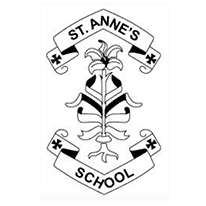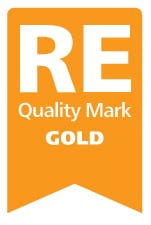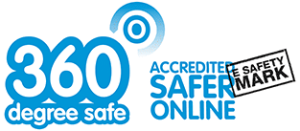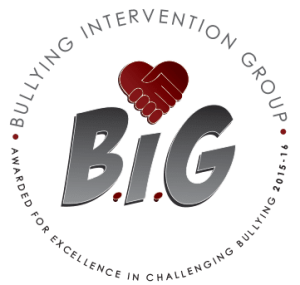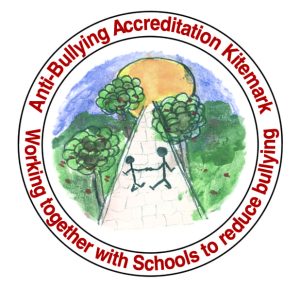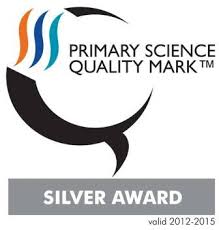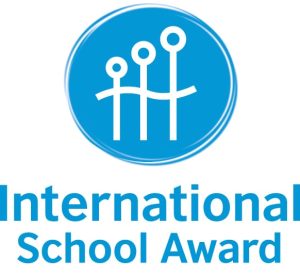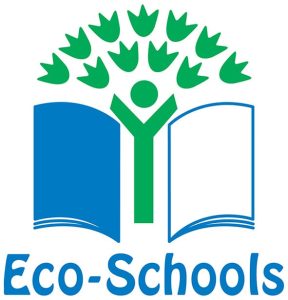Most children and young people in mainstream schools will have their special educational needs met through good classroom practice. This is called Quality First Teaching.
Early Identification of Need
In deciding whether to make special education provision to support educational, social, physical or emotional needs, we:
- Work in partnership with parents/carers, pupils
- Consult with relevant external agencies
- Use assessment tools & materials
- Use observations
- Use Short Notes
SEN Support
Where a pupil is identified as having a special educational need we follow a graduated approach which takes the form of cycles of “Assess, Plan, Do, Review”.
- Assess a child’s special educational needs
- Plan the provision to meet your child’s aspirations and agreed outcomes
- Do put the provision in place to meet those outcomes
- Review the support and progress
Termly assessment is carried out by staff who work together to moderate children’s work. This moderation is supported by the Local Authority on a regular basis. The school uses a tracking system to analyse data and to identify gaps in children’s learning and to plan appropriate intervention when required. Different children require different levels of support to diminish the difference and to achieve age related expectations.
Children/young people may join St Anne’s with parents having a clear understanding of their child’s needs, and as a school we see parents as partners in their child’s educational journey. In this case we work together with parents/carers and young children/person and education, health and social care professionals to design an individualised SEN Support Plan that describes the child’s needs, outcomes & provision to meet those needs. Parents/carers and child/young person views are integral to this process.
School staff may initially identify a concern. The class teacher alongside the SENCO will discuss the child’s needs and a meeting with parents/carers and/or the child/young person would be arranged at the earliest opportunity. During this meeting a Short Note would be completed with agreed outcomes for the child/young person and next steps.
The next steps may require the involvement of specialist support or advice, for example Educational Psychology, SENDIASS (Parents Advice and Support Service) or another education, health and social care professional. It is important to understand that the involvement of professionals does not always seek to label or diagnose, but to seek advice and strategies to enable a child/young person to reach their full potential.
As part of this approach, every child with SEN will have an individualised SEN Support Plan that describes the child’s needs, outcomes and provision to meet those needs. Parents/carers and child/young person views are integral to this process.
A small percentage of children and young people with significant and/or complex needs may require an assessment that could lead to an Education, Health and Care Plan (EHCP).
The purpose of an EHCP is to make special educational provision to meet special educational needs of the child or young person, to secure the best possible outcomes for them across education (SEND Code of Practice p.142). It is a legal document that describes a child or young person’s special educational, health and social care needs. We do not currently have any EHC Plans.
For more detailed information see the Local Offer
Details of identification and assessment of pupils with SEN
If your child has SEN, it may be important for us to carry out formal assessments to identify their strengths and identify their needs accurately. To do this, we will use a range of methods depending upon their needs. When your child enters our school, their current attainment is assessed to give us a ‘baseline’ from where they will progress. Depending upon their needs, other assessments may be needed. These could include:
- Speech Therapy Assessments – which may focus on sound production, language understanding, or other relevant assessments to your child’s needs
- Education Psychology Assessments – which may include memory, understanding, reasoning, logic, and general skills assessments
The outcomes of all assessments are shared with parents and carers at our termly Open Evenings and in your child’s School Report. If other agencies are invited to work with your child, you will be invited to attend a meeting where the outcomes of these assessments and their next steps will be shared with you.
Your child’s school achievements may be assessed against the levels expected for children who are working on the National Curriculum (i.e. the same as the majority of other children in their year group), or they may be assessed against other measures for children who are not ready to work on National Curriculum Levels (i.e. the steps before the National Curriculum).
